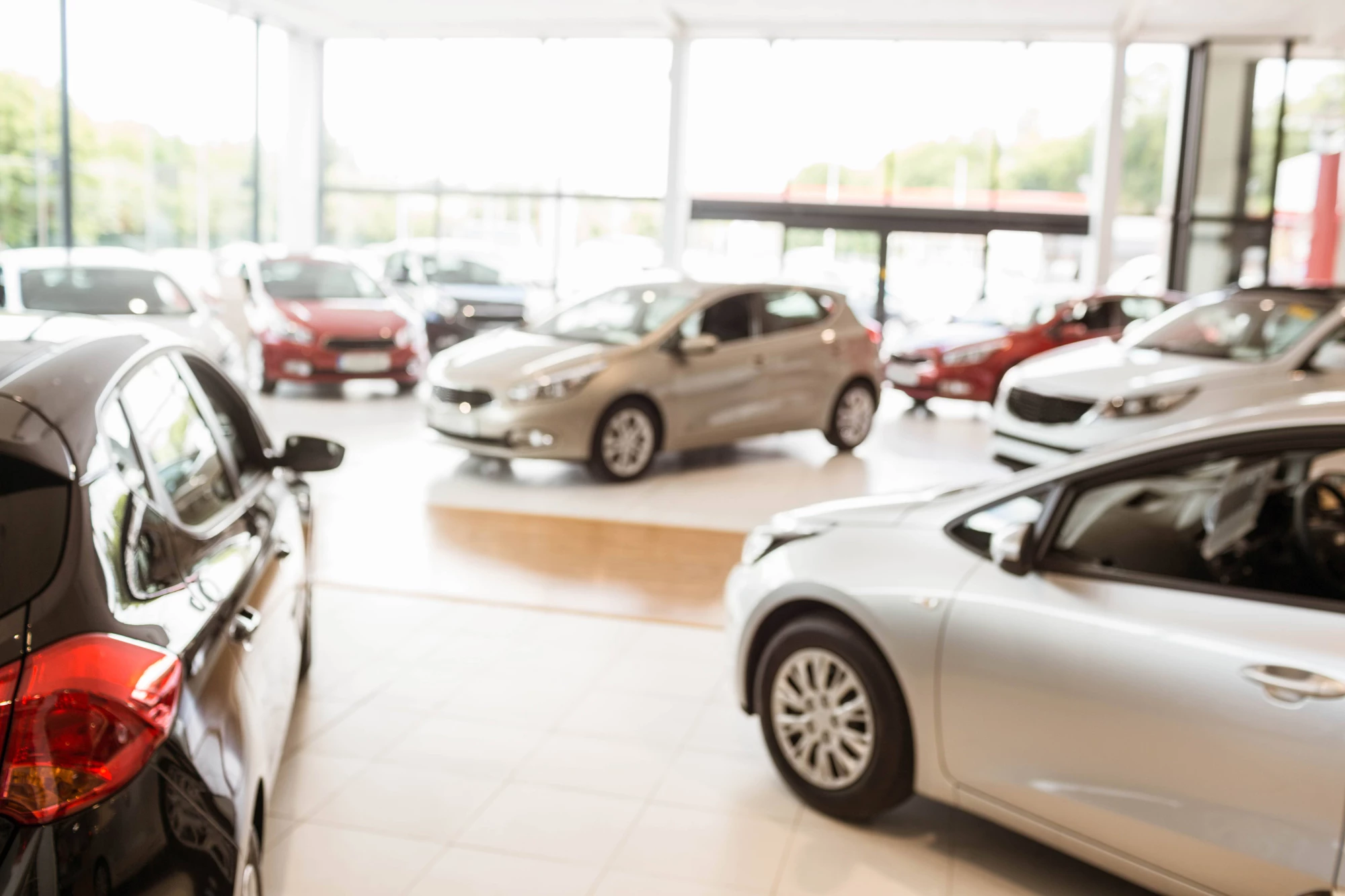18/10/2019 | Category: Commercial Insurance

If you’re running a business in the motor trade industry, you’ll need to make sure you’re aware of how quickly certain types of car depreciate in value.
Luckily, recent research into this issue has shed some light on the vehicles that are most (and least) likely to depreciate over their first few years. Here we’ll identify which brands and models are likely to be a good investment for businesses, which aren’t, and why.
If you do work as a car trader, either full or part time, motor trade insurance is a must. Insurance Choice can give you a quote for bespoke cover that suits your individual needs.
Which car brands depreciate the fastest, and why?
According to the experts, there are certain car brands that lose their value much more quickly than others, with some losing as much as 75% of the value in just three years. Clearly, this is something that you want to avoid having to deal with if you’re in the business of dealing cars.
Some of the fastest depreciating car models include:
- Fiat Doblo XL Combi SX 1.6 Multijet 120
- Fiat Tipo Easy Plus 1.6 Multijet DDCT
- Maserati Quattroporte V6 Diesel
- Vauxhall Astra Sports Tourer SRi 1.6 CDTi 136 Auto
- Peugeot 208 SW Active 1.5 Bluehdi 100
- Jaguar XJ Luxury LWB 3.0 V6 Diesel
- Renault Zoe i Dynamique Nav 80kw R110 40kWh
- Hyundai i40 SE Nav 1.6CRDi
- BMW 4 Series Convertible Sport Prof Media 420d
- Infiniti Q50 Luxe 3.5h
Should you avoid them in the motor trade industry? That’s entirely up to you. If you’re buying vehicles as a dealer to sell on straight away, depreciation a year or two down the line might not be of huge importance to you. In this case, you’re likely to want the newest and most impressive models in order to ensure sales.
Another business model might be more affected by depreciation, so of course, it’s always worth exercising caution and weighing up your options whenever you’re buying stock. Make sure you know what your ultimate goal is before you commit, and how long you’re likely to have the car in your possession.
What car make holds its value the best?
According to a recent study by WhatCar?, electric and hybrid cars hold their value slightly better than those that run on petrol or diesel. After three years of use and an average distance of 30,000 miles travelled, electric cars retained an average of 47% of their value, compared to 43% for petrol and 40% for diesel.
There are a few brands that stand out:
- Range Rover's Evoque R-Dynamic P250
- Porsche Cayenne E-Hybrid
- Porsche Panamera Sport Turismo 4 E-Hybrid
- Porsche 718 Cayman GTS 2.5
- Audi Q8 S Line 55 TFSI Quattro
- Alpine A110 Pure
- Porsche Macan 2.OT
- Toyota RAV4 Icon 2.5VVT-I Hybrid 2WD
- Toyota Prius Active 1.8VVTi
As you’ll notice, there are definitely some high-end cars on this list that might not be accessible or realistic for you to invest in, even if they’re a few years old. It is definitely worth investing in these vehicles as new if you can, though, even if it’s something your business needs to build up to.
What new cars depreciate the most?
It’s not good news for Fiat, as it seems that two of their Multijet models, whilst reliable for drivers, are the worst culprits when it comes to depreciating quickly.
At the other end of the scale, Porsche and Toyota are pretty good at keeping their value, so this could be a good place to start if you’re thinking of setting up a car dealership.
Things to look out for if you’re specifically avoiding depreciation include:
- Large cars with large engines (that burn more fuel) depreciate faster than smaller or more fuel-efficient models
- Mileage, if you’re buying used cars to sell on, should be as low as possible
Once you’ve got your vehicle (or vehicles if you’re a car dealer) you’ll need to make sure you take as good care of them as possible in order to ward off depreciation.
How quickly do new cars depreciate?
Car depreciation is pretty easy to work out, in most cases. As standard, a car will lose 20% of its value within its first four months of operation (although this could vary between 15% and 35%), followed by 10% on average in every proceeding year. So a car that cost £30,000 when it was brand new three years ago can now be expected to be worth approximately £21,600, £19,440 next year, and so on.
As we’ve discussed, the amount by which a car depreciates does vary, so all the more reason to do your research before you buy, especially if you’ve got a business running in the motor trade industry. Clearly, those cars that lose 75% of their value after three years are not ones that you want to have sat on your forecourt.
Investing in the future
It’s inevitable that cars will lose some of their value in the years after they’re first purchased, and there’s not a huge amount that can be done about this.
The best thing to do, for businesses such as car dealers, is keep an eye on which particular vehicles retain their value for the longest and consider investing in those models if you can.
You should also consider investing in electric or hybrid cars, as these are the types that clearly have strong staying power. They’re good for the environment, too, so you can be safe in the knowledge that you’re making ethical business decisions.
Get a quote for motor trade insurance
One thing that you’ll certainly need to consider as a car trader is motor trade insurance. Getting the right policy and having a specialist team behind you is essential.
You should look for a motor trade insurance policy that includes cover for any traders, valets, or mechanics that you might employ, either on a full or part-time basis, and for any recovery or collection needs that you might have.
Ready to discuss your motor trade insurance needs? Get a quote now.
